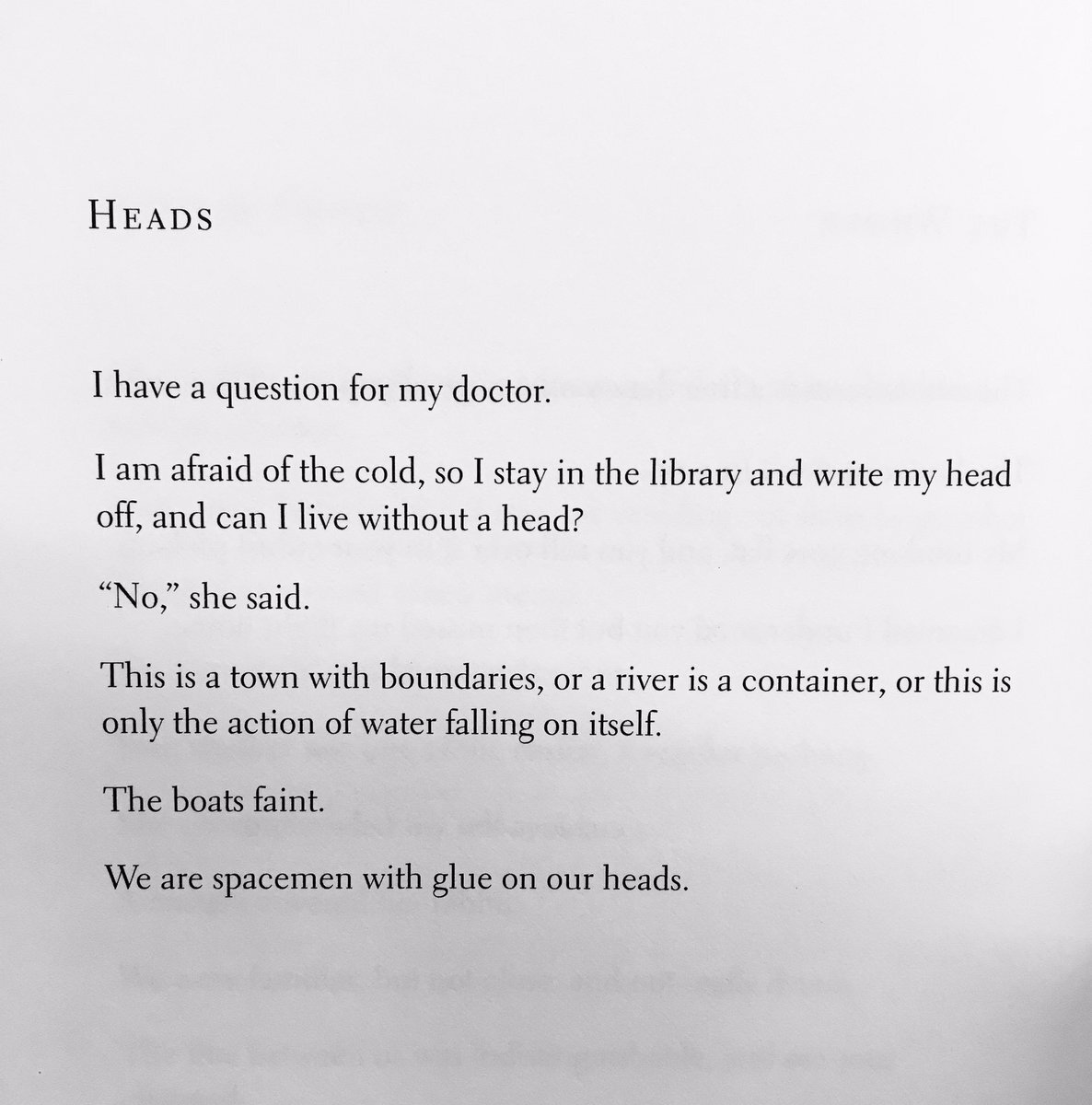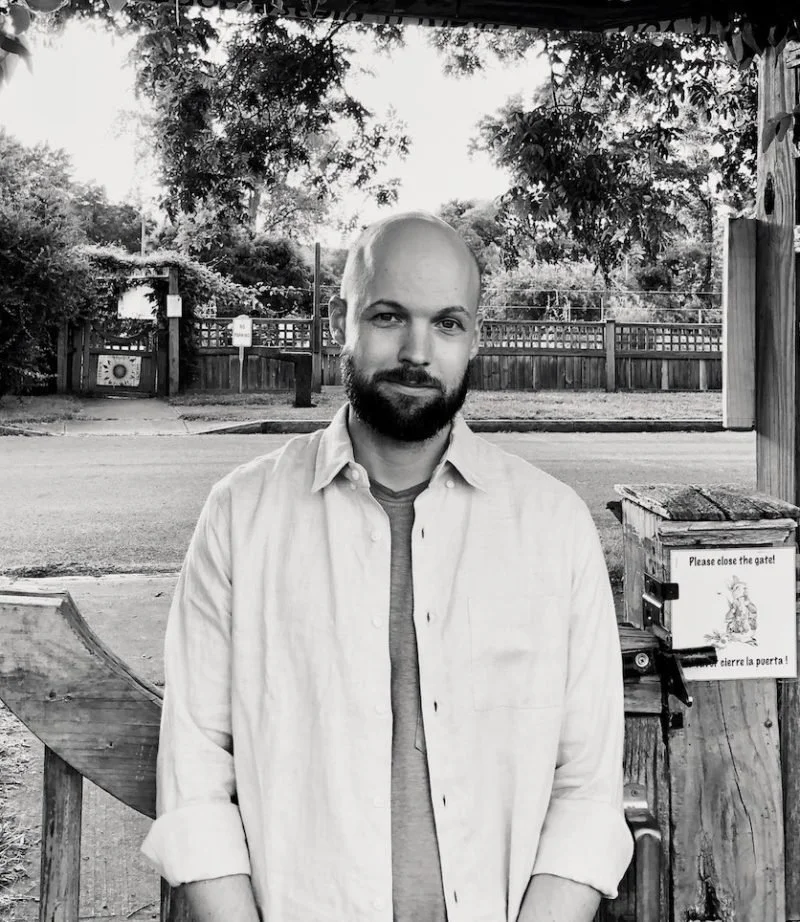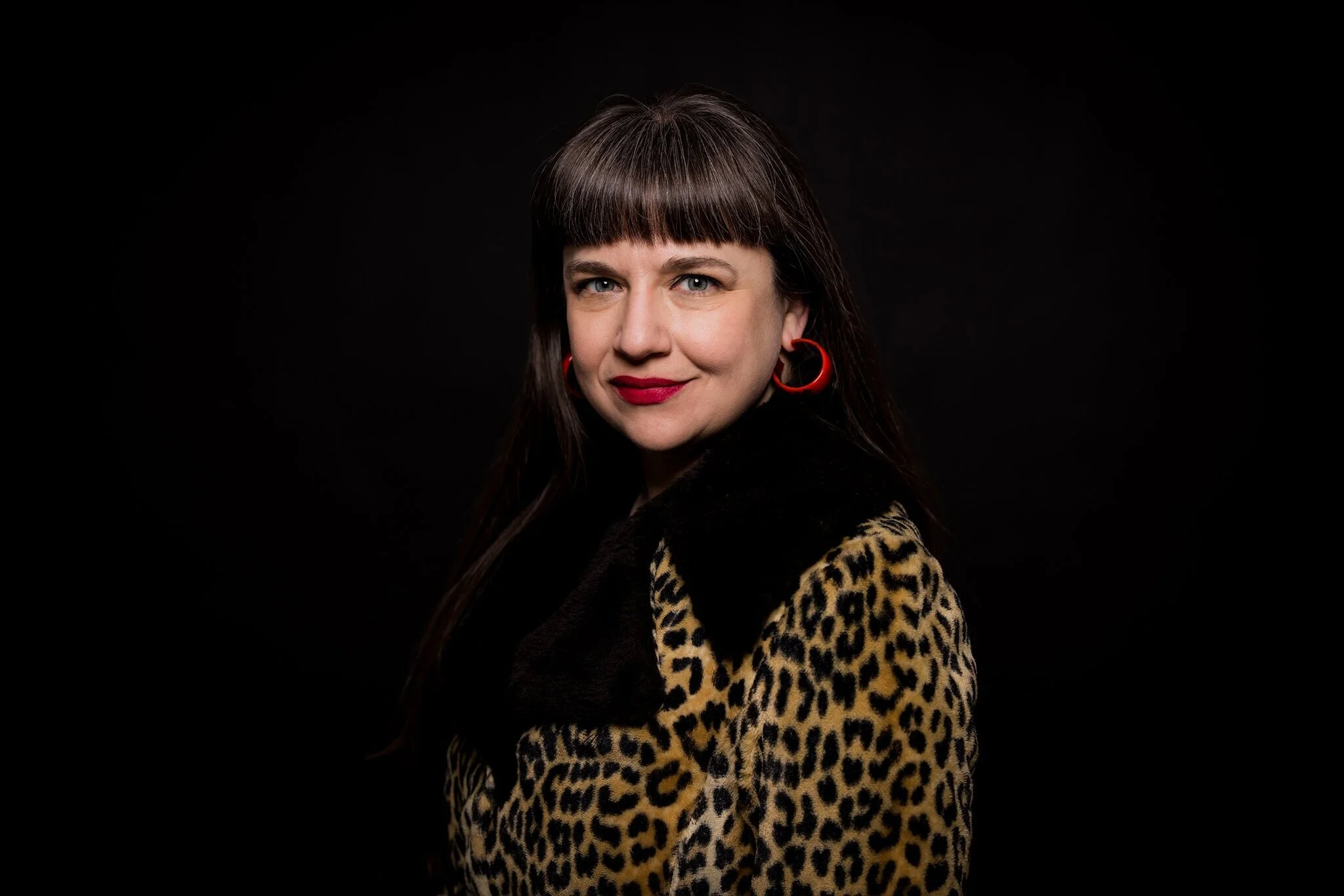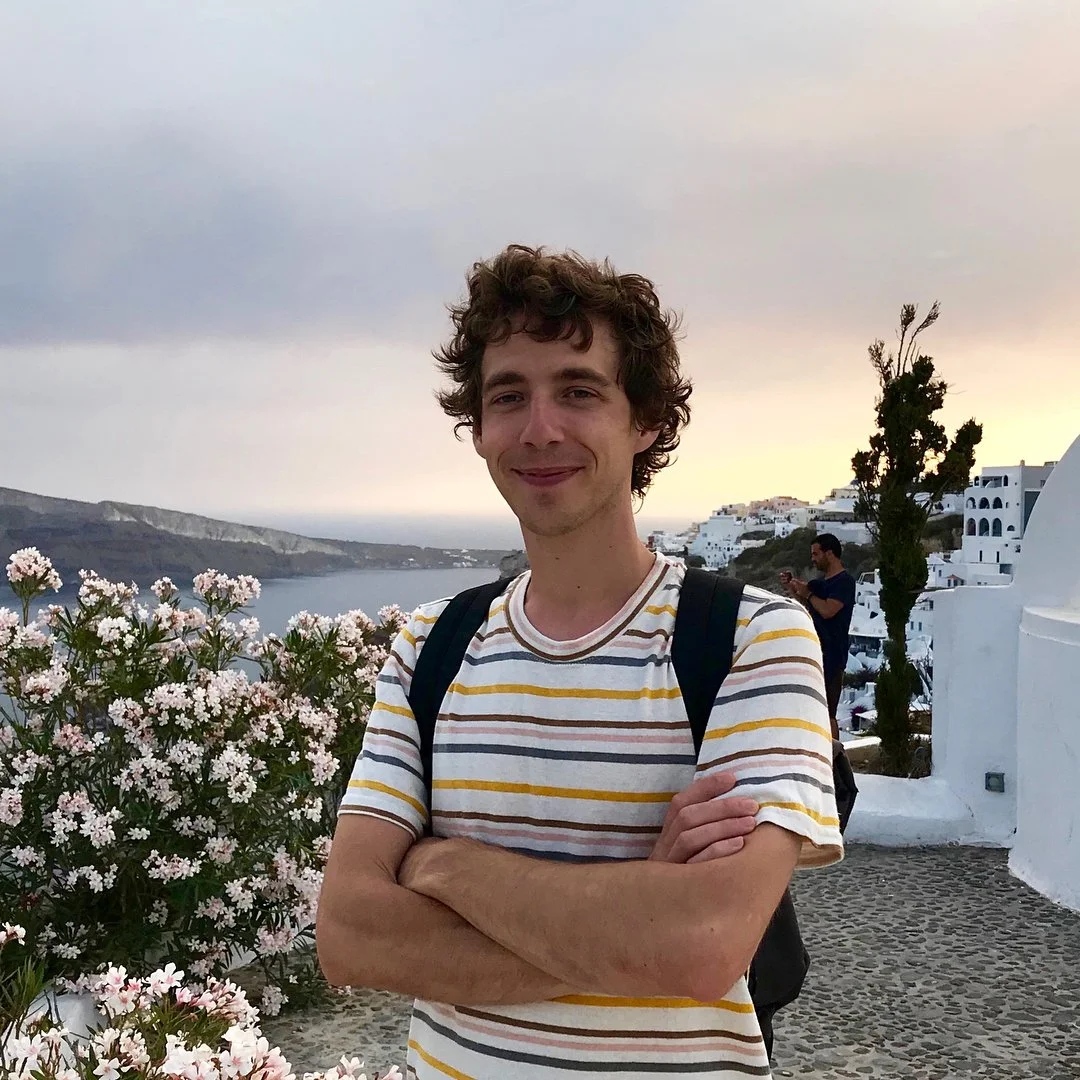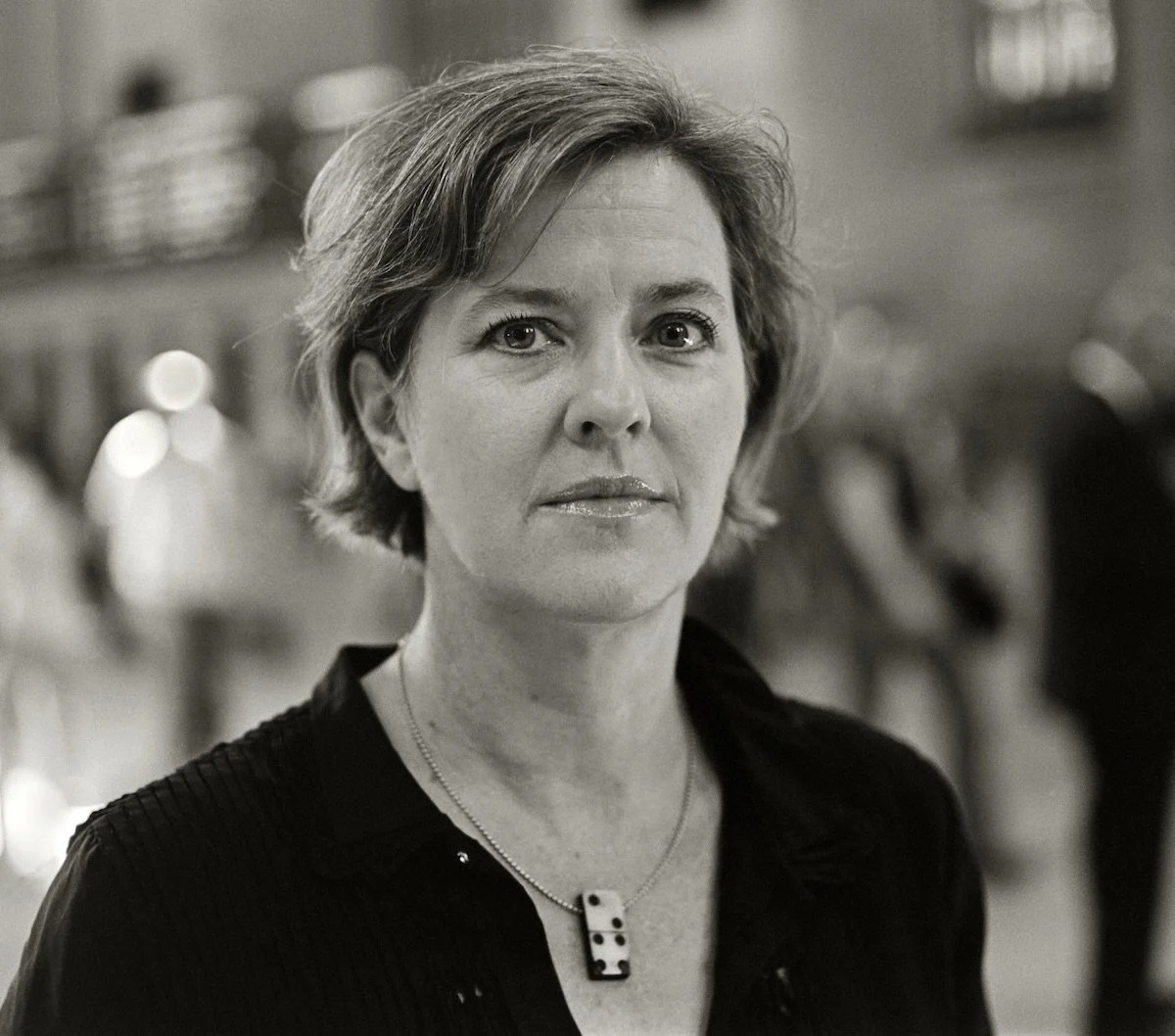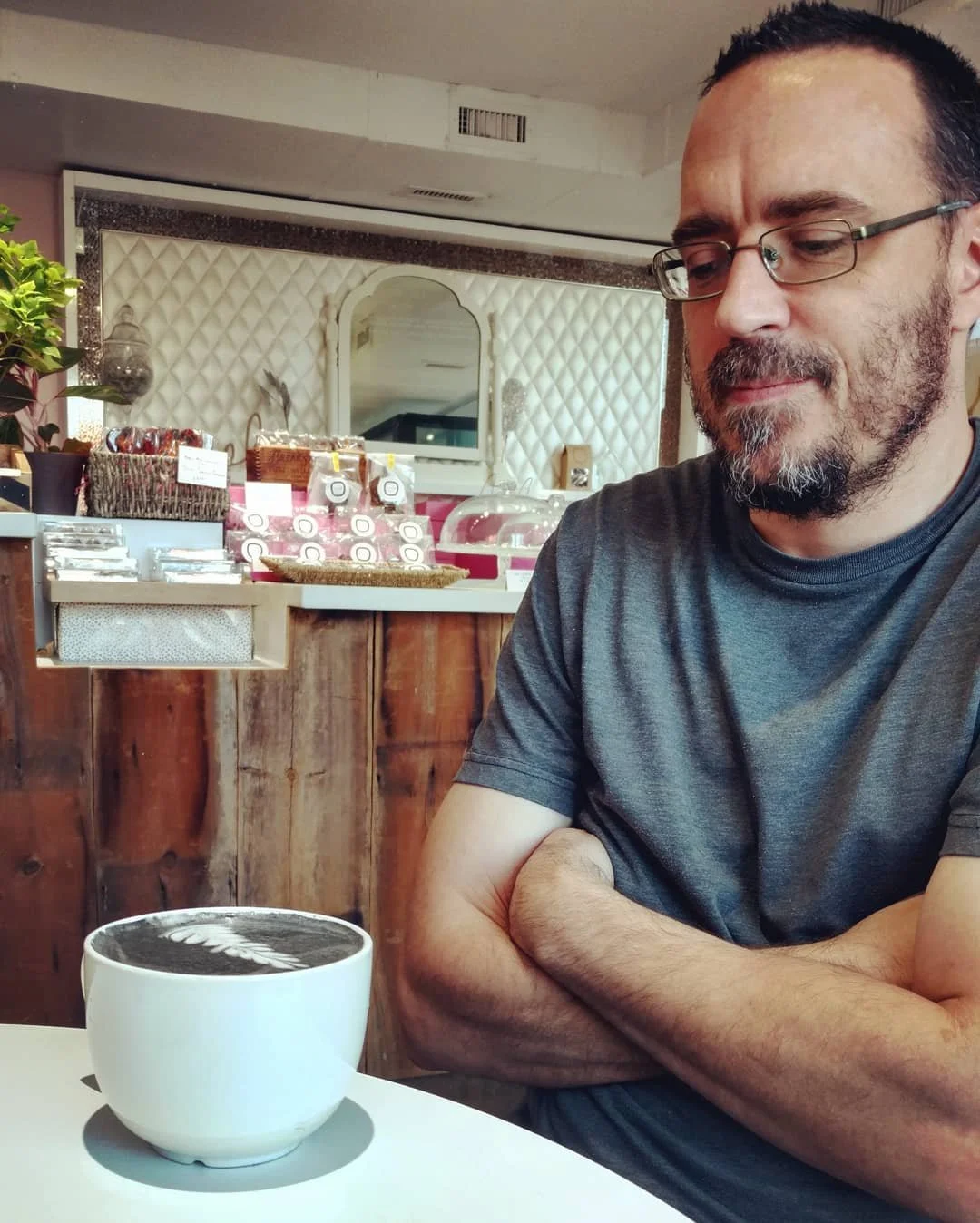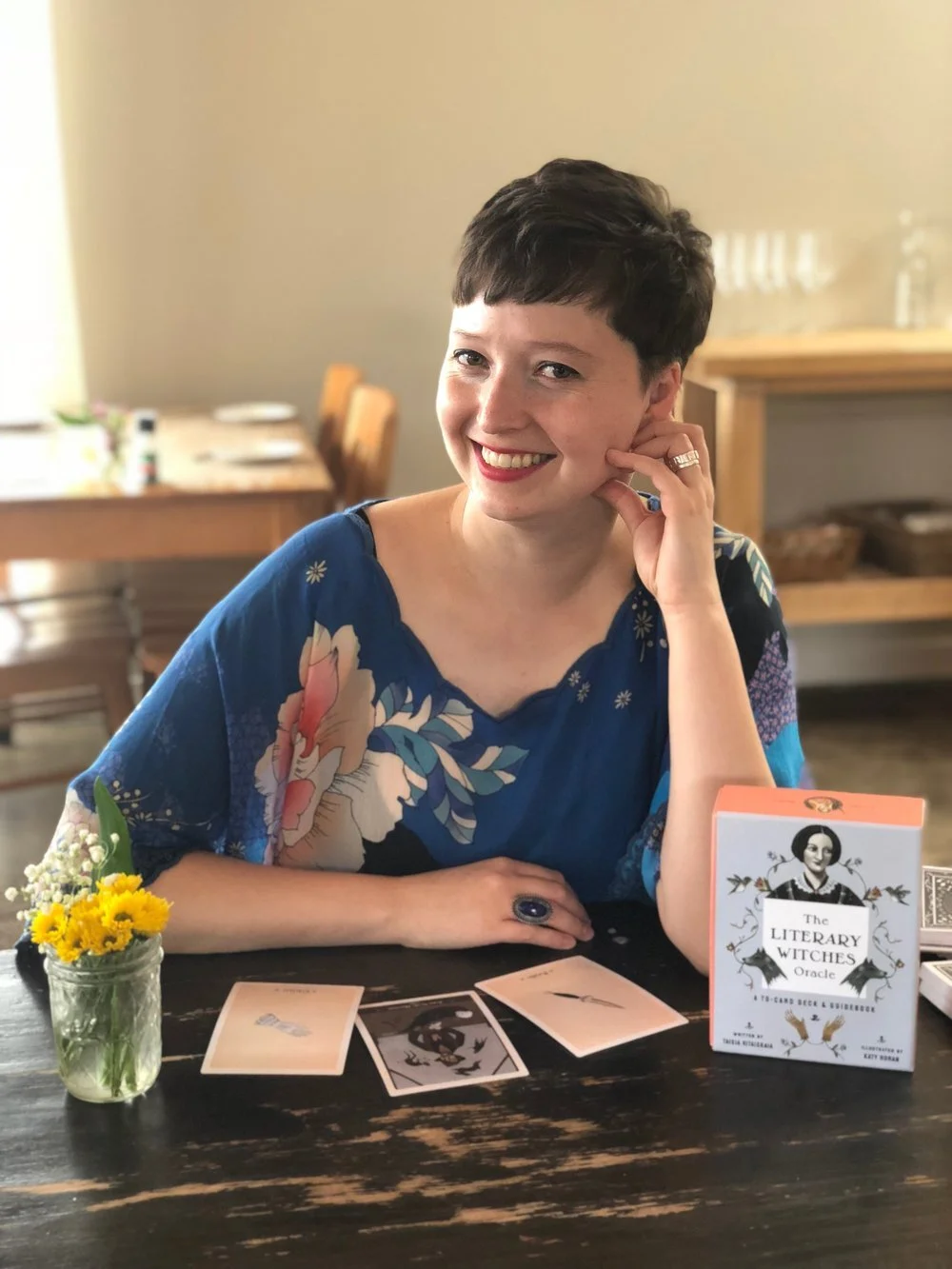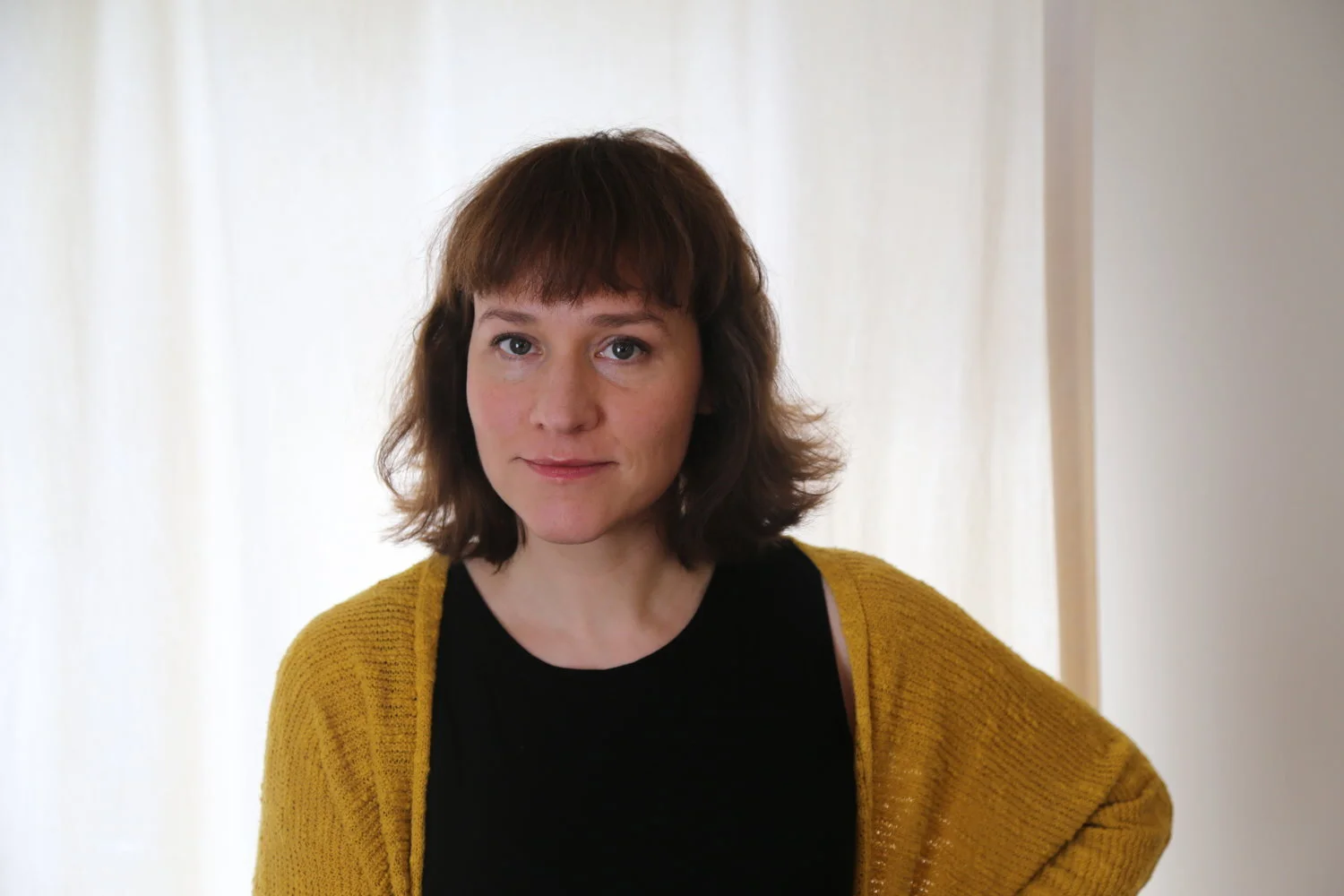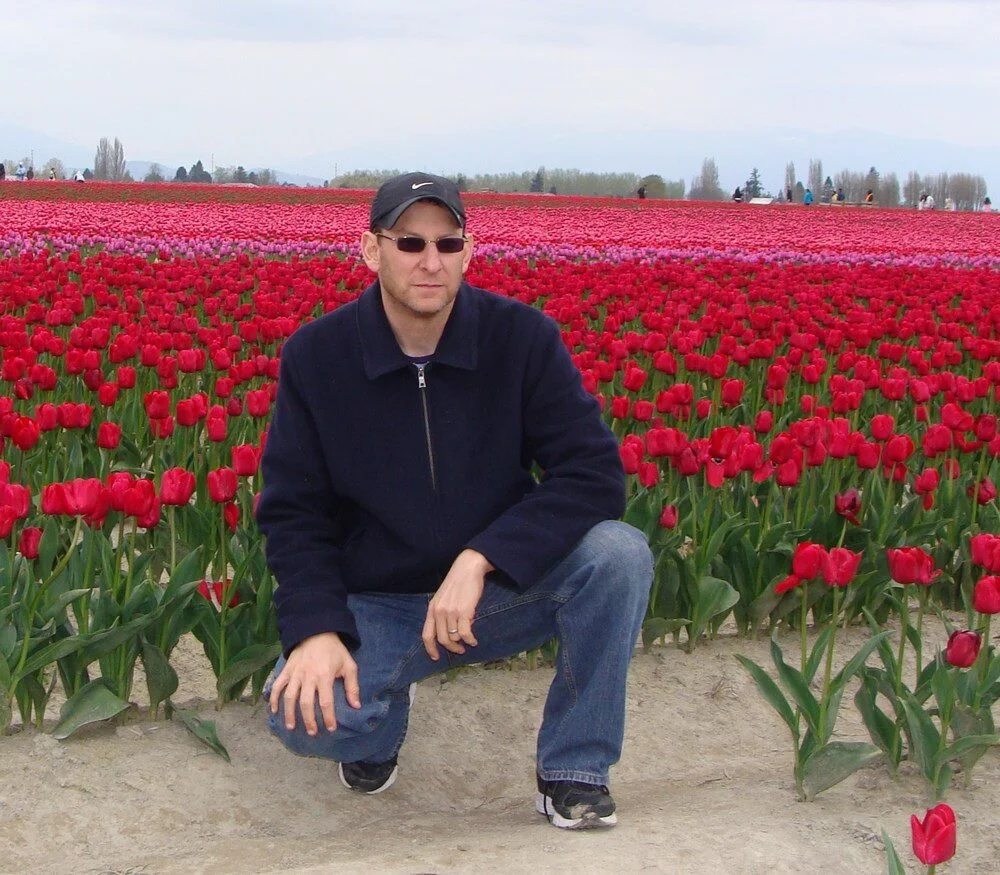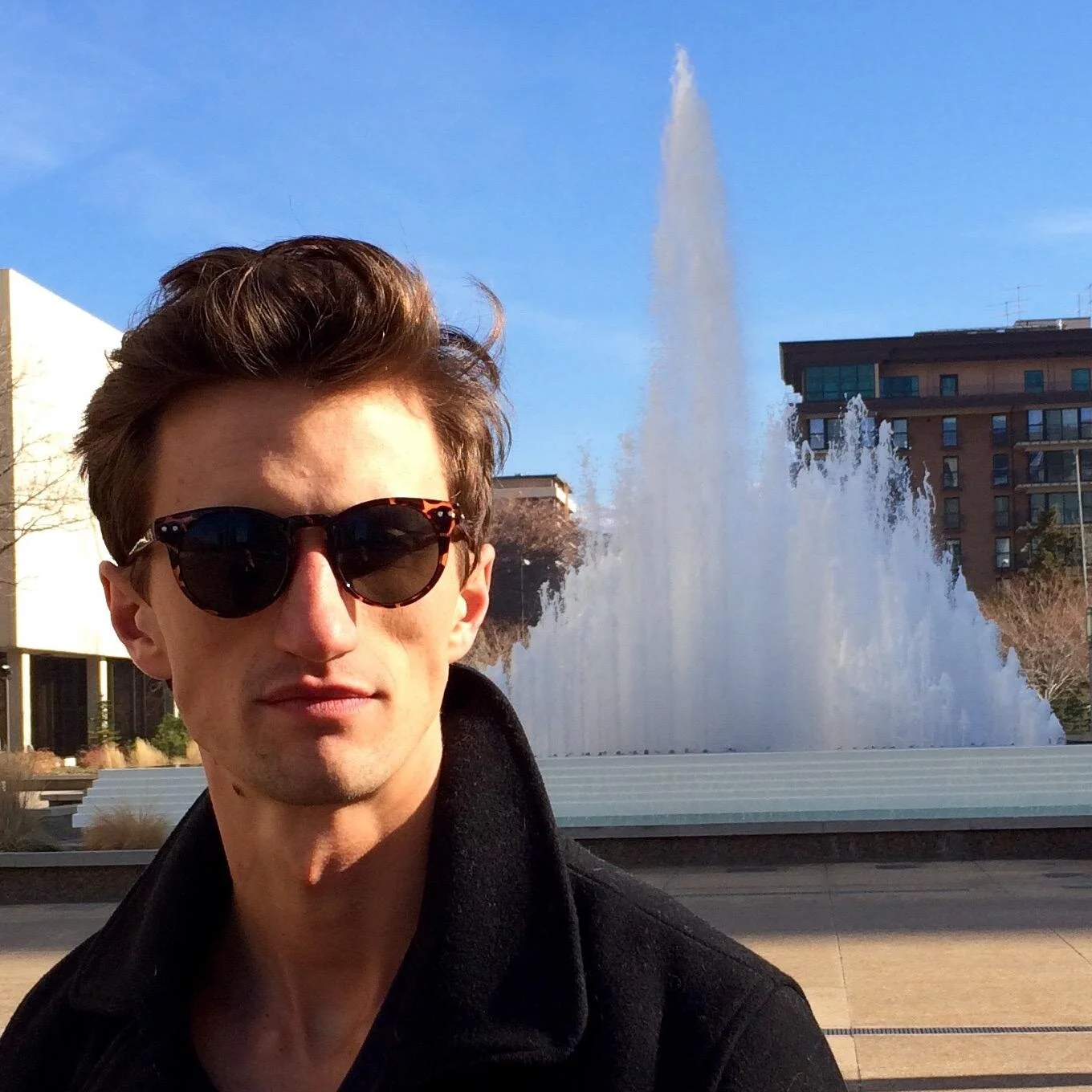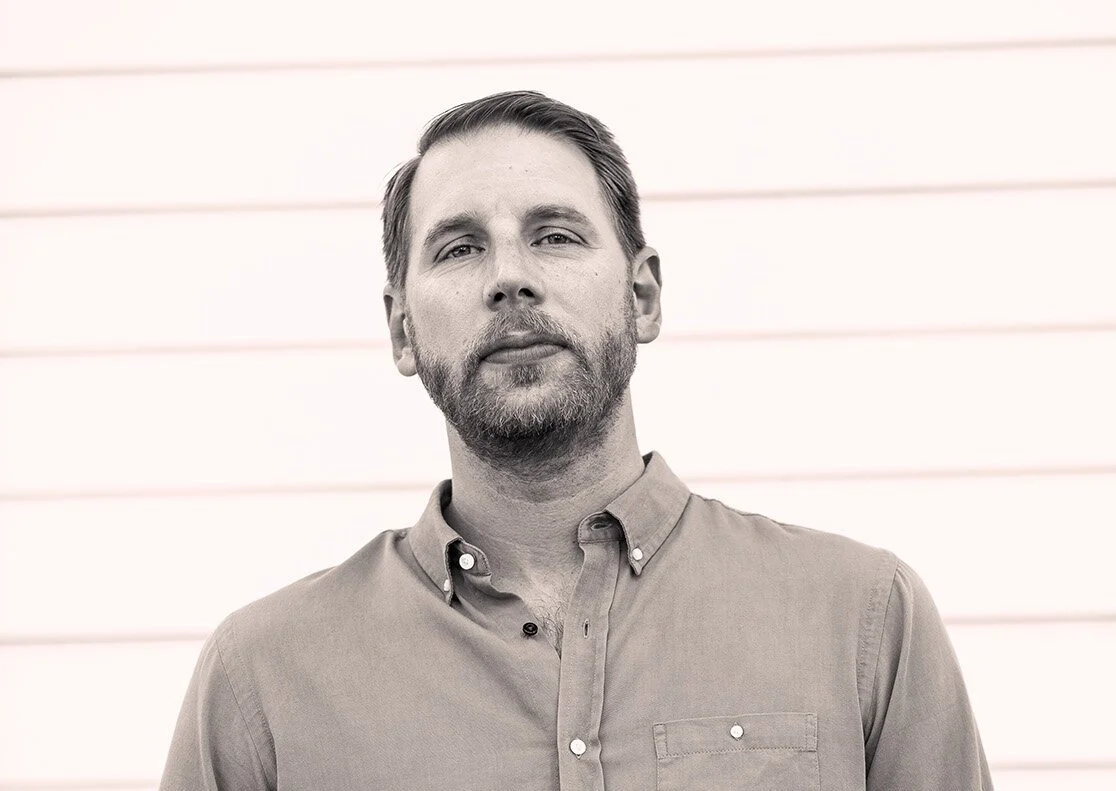taken from her Instagram
Prose poet, multimedia artist, and educator Lesle Lewis is the author of five full-length collections of poetry, including 2019’s Rainy Days on the Farm (Fence Books). Her books provide the reader with a whirlwind of poetics that dance between narrative and lyric and dream. Plainspoken surrealism. Leaping fables. Dreamtalk fragments. Jumps of love. To spend time with Lewis' work is to slowly float in place. Lines like, "All night I waited for you to saw off my head" and “For protection against the ridiculous, we take suitcases full of books.” Having recently retired after nearly 30 years in the English department at Landmark College, the New Hampshire based artist provided insight into her writing lifestyle, her multimedia interests, and how her body of work feels like one big project.
“It is the moon over the hat.”
As a head’s up: This is a hybrid interview. My first on the site. 90% of the interview is the Q+A between myself and Lewis, 5% is a former radio interview that was not recorded (one she provided and one where Lewis wrote both the questions and the answers), and the final 5% is a fragment of Lewis’ NEA statement of purpose. All of this is mixed in with book covers, figurines, and an array of poems, so this becomes its own experiment, its own exhibit, its own collage.
“At night in our insomniac boats, we hold ten foot long brushes and make easy sweeps of the ceilings.”
Rainy Days on the Farm (2019)
Let's begin with an icebreaker. What kind of plant/flower is closest to you (in proximity, not adoration) and what was the last book of poems you read?
I’m in bed. Outside it is raining on our weedy lawn. I guess the grass is my nearest plant. The last book of poems I read was Sally Ashton’s The Behavior of Clocks. I’m also rereading Dara Wier’s You Good Thing and John Ashbery’s Three Poems (for the third or fourth time).
Your debut collection was released in 2003, but you began teaching in the English department at Landmark College ten years prior. When did you start writing poetry and when did you start submitting/crafting manuscripts?
I wrote lots of stories as a kid and the stories became more like poems when I was in high school. Many years later I started taking my poems more seriously. After I did my MFA at UMass, I began submitting manuscripts. I guess that was about 1995.
A Boot’s a Boot (2014)
As a follow-up, how has your writing - the rituals and the routines and the practices and the prompts - changed since those earlier years of writing?
My routines…I know now that I have to write all the time. I think less about writing “poems,” and I just write, make tons of notes. I trust that everything I write will go through long periods of rethinking and revising and lots of it will be thrown out.
Can you talk about your most recent collection, Rainy Days on the Farm, and perhaps how it differentiates between other collections?
The poems in this books were written over about five or six years, so there’s a pretty wide range of concerns here, but I think it’s not all that different from my previous books. I’m always and still concerned with consciousness and the natural world.
I can’t really be objective enough to say what’s changed in my writing over the years, but I know that I feel more and more faith in my process, that is trusting a poem to teach me where it means to go. And I may be more more patient with the revising process, how a poem becomes itself with time, sometimes years.
Of course I have lots of doubts along the way too. I guess doubt is also part of the process.
Landscapes I & II (2006)
Although Rainy Days on the Farm is not yet a toddler, are you currently working on new poems or a new collection?
I am working on two long poems which I hope will make up my next book.
[snippet of NEA statement of purpose]
I am exploring the long poem form as a means of handling incoming overloads of sensual, environmental, political, and spiritual information, and how the form addresses issues of inclusivity, multiplicity, and ambiguity. I aim to be more negatively capable, and to work more courageously to recognize and accept the lack of obvious connective tissue between perspectives. I aim to continue to investigate how participation in the arts works as a kind of faith. There are ongoing poetic quests.
Many of your collections seem to peel apart the prose poem and really focus on the sentence, filling the page with compact fragments and frequent leaps. Has this always been a fixation/formula for you?
I don’t seem to be able to break the composing-by-sentence habit. More conventional line breaks feel forced to me. And although I experiment all the time with ways of sentence-making, I seem stuck with sentences as my form. It’s a struggle for me. You know how we are taught that a sentence is a complete thought? I’m not sure we have complete thoughts very often so there’s also something a bit artificial or incomplete about sentences too.
Small Boat (2003)
Do you consider these prose poems?
Yes, I’d call my poems prose poems. The sentence and not the line is the unit I feel I am working with. I really love sentences though sometimes I love sentence fragments too. And I like thinking about the limits of sentences too.
Most poets’ prose poems look like paragraphs, but mostly mine do not. They look like a list of individual sentences. There are two new prose poem anthologies I think should get some attention in the poetry world, one edited by Peter Johnson and another edited by Jeremy Noel-Tod.
Since there's so much focus on the line and the rhythm of the line, how do you know when the book is done and it's time to begin another, and how do you know when the poem is done and it's time to begin another?
There’s an arbitrariness to this. I say to myself all my notes from the week will make a poem, or today I will end the poem and start another. It really feels like one big project with occasional pauses.
from her website
What is your writing process and is it one you would recommend for others?
Whatever works works and I know that many writers work very differently than I do. I make lots of notes before I get out of bed in the morning, at least once or twice during the day, and most nights before I go to sleep.
Once a week or so, I pile my notes together and move them around and around until I find the poem they want to be. I almost always start off thinking I have no idea what I’m doing. Then I revise and revise for weeks, sometimes months, sometimes years.
I liken the process to sugaring. I gather and gather and gather and I boil and boil and boil and I end up with like a shotglass of syrup.
Because I know that every writer writes differently, I don’t think I have any specific recommendations except that I know how important it is to prioritize my writing space and time. and I’ve told students many times to write and write a lot. It’s okay if they have to throw most of it away later.
Away from the page and into other art, what albums/artists/plays/films have captivated you in recent months?
I look at a lot of art, particularly paintings. Current favorite artists: Gerhard Richter, Howard Hodgkin, Laura Owens. Current favorite music: Jean-Philippe Rameau, Philip Glass.
I found through your Instagram that you stage and set up scenes for a myriad of tiny figurines and creatures. How long have you been collecting and how long do these 'scenes' remain in place?
My friend, the painter Ricia Gordon, and I take our little people collections on field trips and take pictures of them. Sometimes we then take our little people out to lunch. We’ve been making yearly calendars of the photos.
Additionally, you dabble in the art of collage and card making? Do you see these creative outlets as siblings to poetry?
I take my writing work pretty seriously and consider it something to send out, but my collages and painting projects are kind of my private play time and a good break from words.
If you can, provide a photo of your workspace. What are some essentials while you create?
My best creative time is in bed in the morning with coffee. I take about two hours every morning (now that I’ve retired from teaching) then I usually have another burst after lunch with tea (but wish I could drink coffee all day). When the weather allows I do my reading and writing times outside; in the summer I sit by our pond. Sometimes late at night, there’s another burst, sometimes with a nightcap. I always read a little before I write anything and the “writing time” is really just making notes which later might add up to poems. I’ll attach a few photos of my work spaces of which there are many.
For this ongoing author interview series, I'm asking for everyone to present a writing prompt. It can be as abstract or as concrete as you choose.
Maybe it would be fun to keep a running list of favorite words and make sure a certain number of them get into the next poem.
In closing, do you have any advice for early writers? Or rather, what's something you would have liked to have known when you first started taking your writing seriously?
Prioritize writing time. Write lots all the time. Don’t worry about what you write being poems. Write to learn. Write every day. Write about what you don’t understand, what is most troublesome.
Connotation Press (2010)



